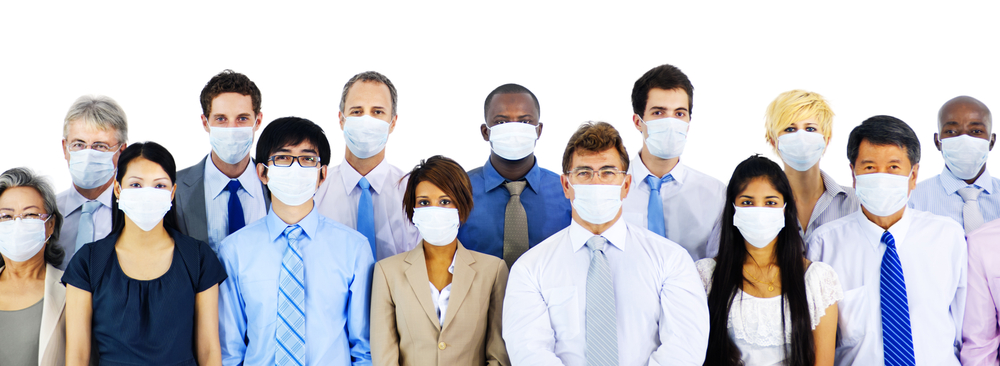Employees starting to return to work after spending the last 6 to 8 months at home may be fearful of contracting coronavirus in the workplace. They have heard how easily the virus is spread from person to person, and they are not confident that going back to work is the best idea. Many them wonder if employers can be held liable for coronavirus transmission.
The simple answer to that question is ‘no’. However, the simple answer might not do in all circumstances. There are states looking at the possibility of classifying COVID-19 as an occupational disease. In states where such thinking is adopted and codified, employers could be looking at much higher worker’s compensation insurance rates.
-
States and Worker’s Comp Law
Our system of government puts control of worker’s compensation in the hands of the individual states. There is no nationwide worker’s comp policy or law. More liberal states like New York and California are expected to lead the charge toward making exposure to coronavirus a workplace hazard. If any states eventually do hold employers liable, those two are expected to be among the first.
More conservative states are less likely to travel down that road. But who knows? There are plenty of instances in which some sort of social change began in New York or California before sweeping across the entire country.
-
Uncertainty Among Employers
According to Benefit Mall, not knowing where they stand in terms of coronavirus exposure has created significant uncertainty among America’s employers. They do not know where they stand. Moreover, they do not know what things will look like in 2021 and beyond.
This can be problematic for employers shopping for more affordable worker’s compensation plans. Worker’s comp is already complicated enough without having to worry about coronavirus liability. And what if an employer’s state does classify coronavirus exposure as a workplace hazard sometime in 2021? Their worker’s comp insurance would likely climb the following year.
-
Liability at the Federal Level
Getting back to the original question, employers cannot be sued for coronavirus exposure in the absence of specific state laws. However, those who believe employers are liable tend to cite the Occupational Safety and Health Act of 1970 which states, in part:
“Each employer shall furnish to each of his employees employment and a place of employment which are free from recognized hazards that are causing or are likely to cause death or serious physical harm to his employees.”
The question is whether or not coronavirus is likely to cause death or serious physical harm to every employee exposed. This seems like an easy question to answer. Most employees struck by a forklift moving at full speed will suffer either serious injury or be killed. It is not even a question. By comparison, the chances of dying or being permanently disabled by COVID-19 are fairly small.
Does the relatively small risk warrant employer liability? Some say no, others say yes. Like most things related to coronavirus, there is very little consensus on this issue.
-
Opening Pandora’s Box
Perhaps the one thing we can all agree on is this: making employers liable for coronavirus exposure would open a Pandora’s box of epic proportions. If employers are liable for coronavirus exposure, are they not also liable for flu virus exposure? And what about shingles, chickenpox, strep throat, and on and on?
This question is one we would not even entertain. But unfortunately, some states are looking at. It is yet another example of how coronavirus is transforming the way we live. For now, employers are not held liable for coronavirus exposure. But that may change in 2021.







